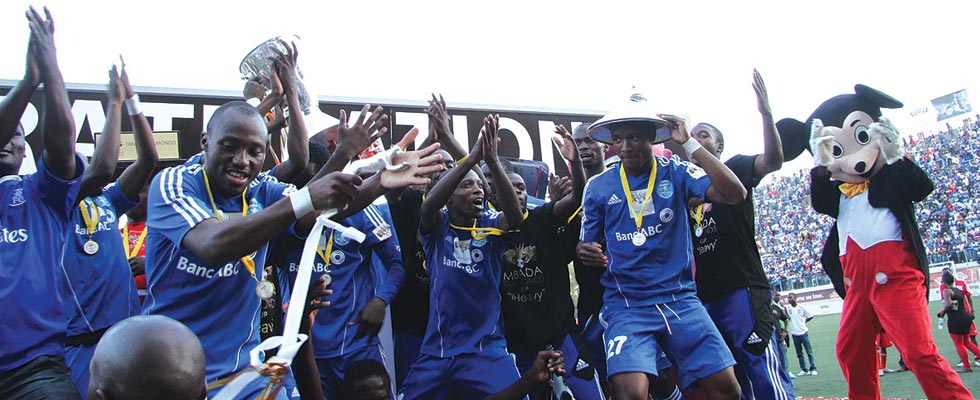
MUSIC is a vital means of communicating messages.
Report by Aaron Mupondi
Music includes lyrics, rhythm and dance.
Lyrics are the words in music while dance constitutes a series of movements and steps that match the speed and rhythm of music. Hence, dance is triggered by the lyrics and beat in music and is inseparable from music.
Dance also reinforces the lyrics of a song and attracts attention to the song, artist or dancer.
There is no song that does not stimulate dance in one form or the other on the part of both the singer(s) and audience.
Dance springs music into life. Hence, lyrics and dance combine in music to communicate particular messages.
Alick Macheso’s “zorai butter” lyrics and dance routine have layers of meaning and apply to different situations in Zimbabwe in the post-2008 period.
- Chamisa under fire over US$120K donation
- Mavhunga puts DeMbare into Chibuku quarterfinals
- Pension funds bet on Cabora Bassa oilfields
- Councils defy govt fire tender directive
Keep Reading
The “zora butter” (smear butter) lyrics and dance are part of Macheso’s track Tafadzwa which is on the album Zvinoda Kutendwa. The “zorai butter” dance, in which the dancers simulate the act of spreading butter or margarine on a slice of bread by repeatedly rubbing one palm against the other, has become very popular even among football players and fans, especially those from Dynamos.
It appears that Macheso is assuring Tafadzwa that she is in Macheso’s family to stay and should enjoy herself, smearing the butter on slices of bread.
The life in which one enjoys bread with butter/margarine is a comfortable life which those who have reasonable amounts of money can afford. The “zorai butter” lyrics and dance are celebratory in mood and outlook.
The “zorai butter” lyrics and dance have become so popular in Zimbabwe that supporters of perhaps the most popular football team in the country, Dynamos, sing and perform them to celebrate goals and when their team wins.In fact, supporters do this in response to the players who are in the habit of rushing in the direction of their supporters to do “zorai butter” dance each time one of them scores a goal. Some overzealous supporters go to the extent of carrying butter or margarine and bread to the stadium to spread it on bread in celebration of goals scored. Others smear margarine on their cheeks to literally demonstrate “kuzora butter”.
The Dynamos players and supporters thus use the “zorai butter” lyrics and dance to express happiness.
The fact that supporters can afford to smear butter or margarine on their faces and carry bread to the stadium shows that basic commodities are now in abundance in Zimbabwe.
It is also an indication that ordinary people in towns and cities in the country now have enough money to spend.
The use of multi-currencies has enabled Zimbabweans to live more decent lives. The “zorai butter” lyrics and dance are a celebration of the coming back of good times in Zimbabwe.
“Kuzora bhata” is therefore a literal and metaphorical or idiomatic expression. It refers to a life of plenty which eating buttered bread symbolises.
This is a cause for celebration as the “zorai butter” lyrics and dance signify. During the “decade of crisis” life was almost unbearable for the majority of the Zimbabweans. There were serious food shortages such that foodstuffs like butter, margarine, bread, sugar and other commodities were not found in supermarkets. Some of them were found on the black market at exorbitant prices beyond the reach of the majority of the people.
Hence, the celebratory mood of the “zorai butter” lyrics and dance can be best understood in this context. The majority of Zimbabweans realise that Macheso’s “zorai butter” lyrics and dance are “talking” to all of them.
And indeed, as the title of the album indicates, Zvinoda kutendwa (we have to be thankful).











